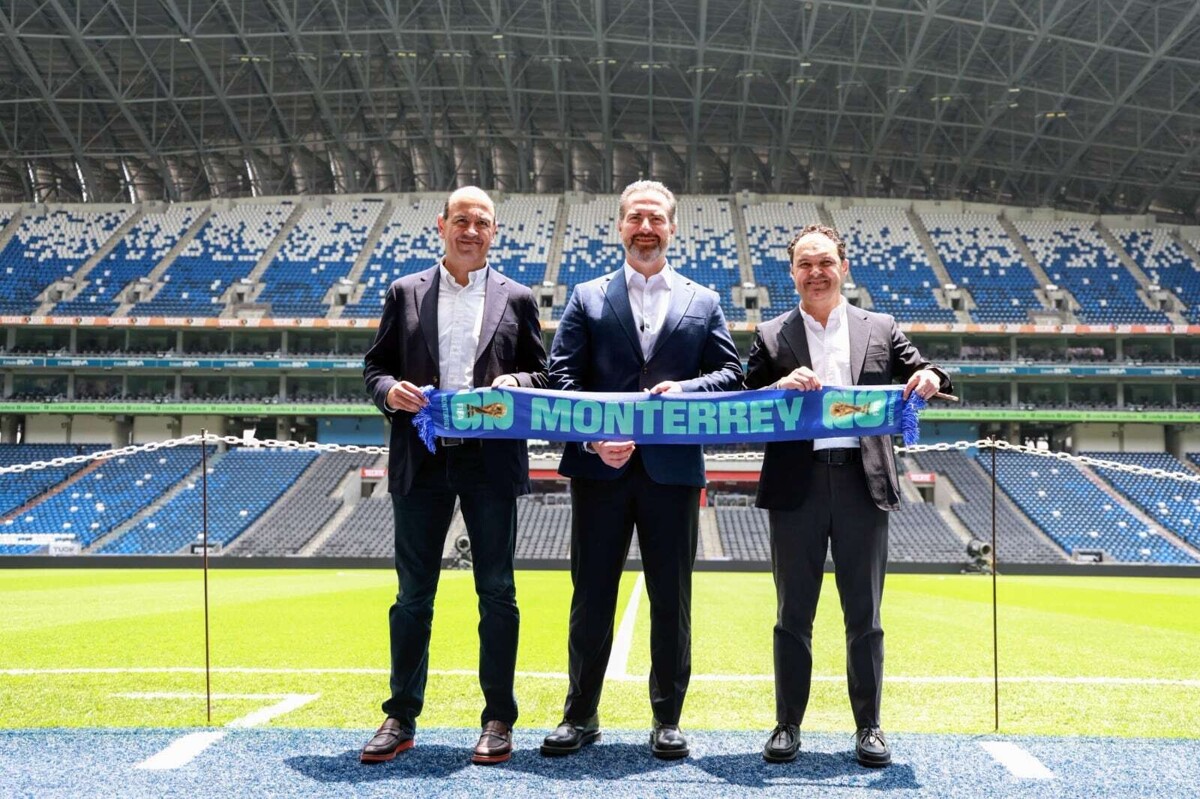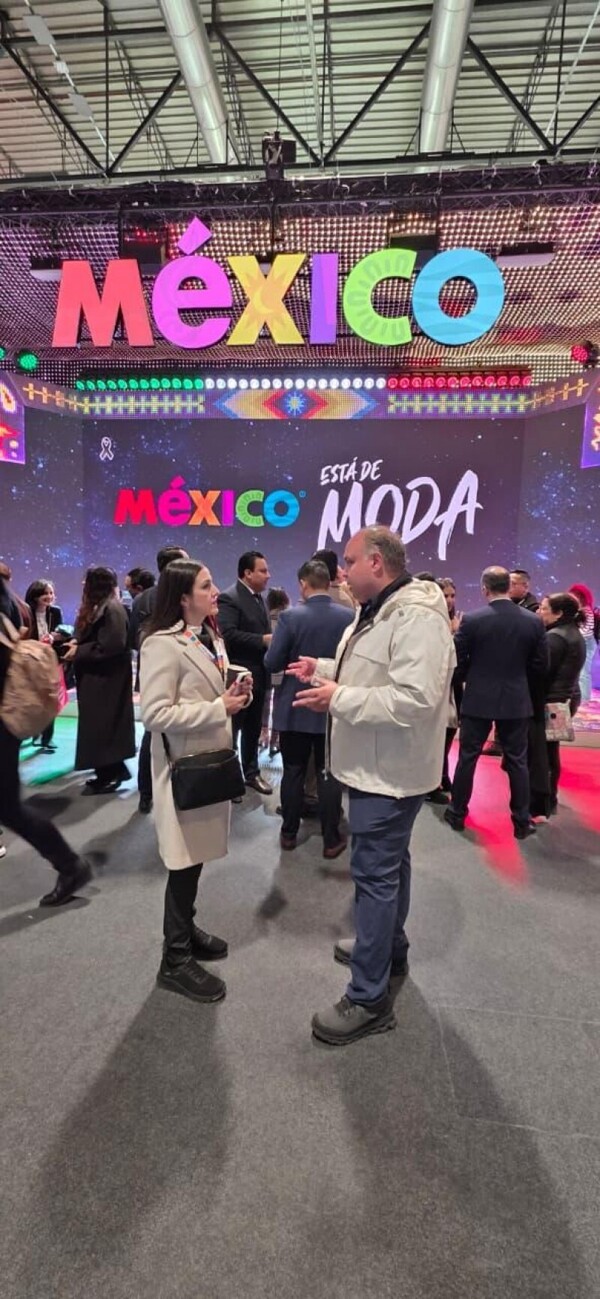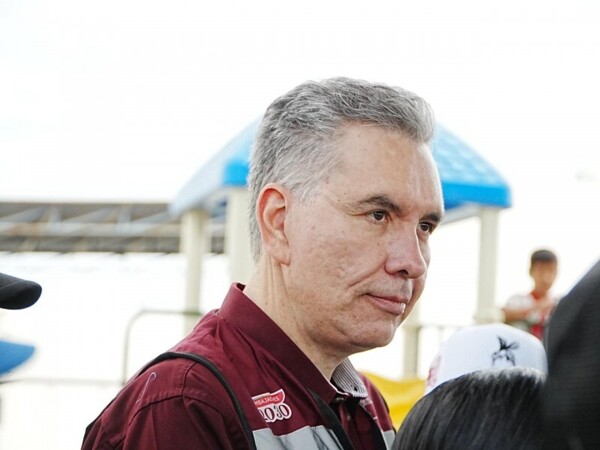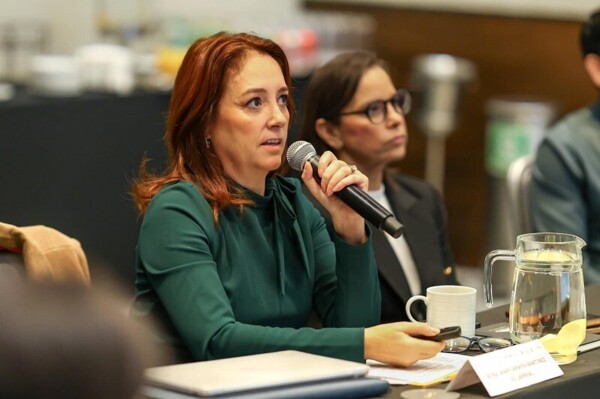
The mayor of Monterrey, Adrián de la Garza, met with the Organizing Committee of the FIFA World Cup 2026 at the BBVA Stadium to present a series of strategic projects aimed at positioning the city as a modern, organized, and ready World Cup host. These initiatives not only address immediate needs but also aim to leave a legacy for the city.
One of the main focuses is the "Transforming Monterrey" program, which focuses on urban regeneration and social cohesion, with actions centered in the city center to rehabilitate abandoned houses and improve the urban environment. In addition, the "Clean Monterrey" program is planned to modify regulations to penalize those who litter the city, supported by technology from the C4, and the "Collection Plan with Merchants" to project an organized image of Monterrey to visitors.
In terms of security, the "Shield Program" reinforces investment in intelligence and surveillance to provide peace of mind to residents and visitors during World Cup matches. The "Regio Route" project is also highlighted, which will allow for better connectivity with C4, enhancing mobility and emergency response.
These initiatives aim to consolidate Monterrey as an international example of organization, future vision, and urban renewal. Present at the meeting were Alejandro Hütt Valenzuela, Host City Manager Monterrey for the FIFA World Cup 2026; Pedro Esquivel, responsible for the Organizing Committee in Monterrey, and municipal officials. The BBVA Stadium will host four World Cup matches, including a round of 16 match on June 29, 2026. The tournament will have a total of 104 matches at 16 venues in Canada, Mexico, and the United States, with the participation of 48 teams.














